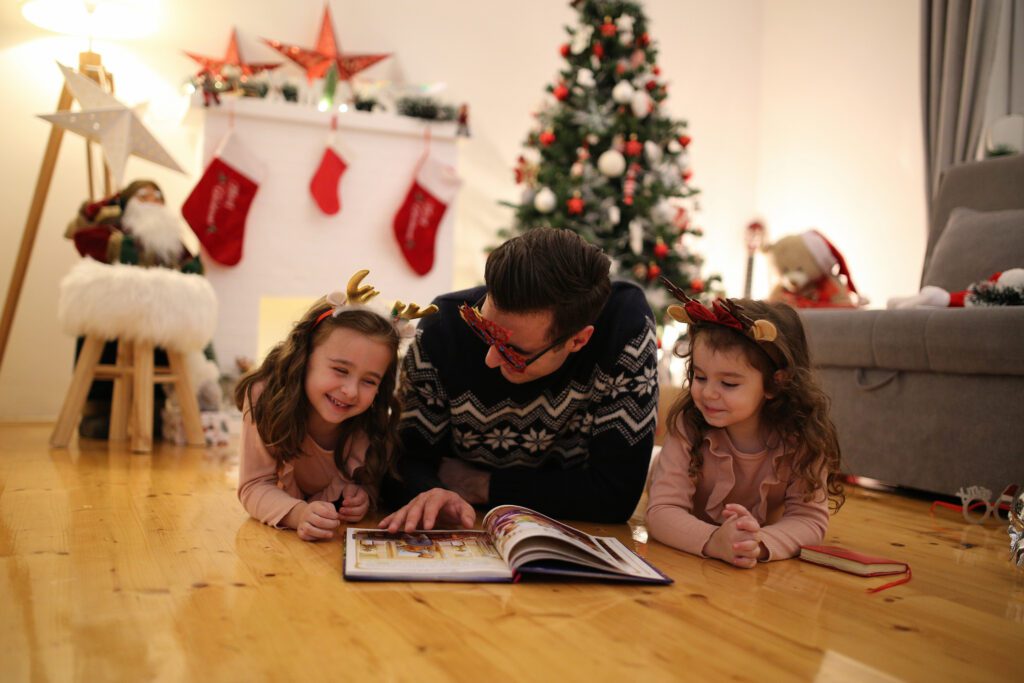All parents want their child to do well in school. One way to help your child succeed both inside and outside of the classroom is to help him or her build vocabulary skills.
A good vocabulary is an important part of any student’s education. Unfortunately, it can be an overlooked aspect of education, both at school and at home. As slang and forms of shortened communication have become more common, students may not have the vocabulary skills needed for success.
Luckily, there are a number of activities that parents can do with their children to help improve their vocabulary skills.
The Importance Of A Good Vocabulary
Knowing how to improve vocabulary for kids is important, but knowing why is even more so. A good, broad vocabulary will help your improve your child’s communication skills, including reading, writing, and speaking. This helps your child the skills important for academic success.
In addition to performing well in school, strong communication skills will also help your child develop stronger interpersonal relationships. This can positively affect a child’s self-esteem, which can be directly tied to his or her success and happiness in life.
How To Improve Your Child’s Vocabulary
Check out these tips for building your child’s vocabulary, including activities and games that will get your child off to the right start.
- Read every night
- Have conversations with your child
- Have your child tell you stories
- Label household items
- Play word games
- Answer questions
How does reading improve your vocabulary? The answer is that reading makes children ask questions. When you read to your child, it gives him or her a chance to ask questions about what words mean. When he or she does ask, be specific and imaginative. If the word is ‘enormous’, explain to them that it doesn’t just mean ‘big’, but ‘giant’ like a building or a mountain.
Few techniques can have a more direct impact on your child’s vocabulary than having frequent conversations with him or her. Ask your child about his or her day, and ask him or her to elaborate on events that happened. As your child speaks, correct him or her when he or she misuses words.
Stories are a great way to get your child to really open up his or her mind and explore language. The more fantastic, the better. Give your child a situation and tell him or her to continue the story. When he or she struggles to describe something, give him or her a word that fits the situation and define it.
Just like when learning a new language, labeling items around the house is a great way to help children learn the proper names of items. You can also make a game out of it by creating the labels and having your child attach them to the proper item.
Word games like Scrabble and Pictionary are a great way to get kids thinking about words they know, including their definitions and spellings. These games work for both young and older kids, teaching large and small words depending on your child’s vocabulary level.
If you’re having a conversation and a child asks you what a word you used means, take the time to define it until he or she understands it. Kids absorb almost everything they hear, and if they know what a word means, they can apply it in later situations.
Building Vocabulary Skills Can Be Fun!
There are plenty of activities that can help your child build his or her vocabulary skills. It won’t happen overnight, but with these activities you can help your child build his or her vocabulary little by little. Just remember to be patient, and to always take time to answer questions.







